It is not uncommon for people to talk about tax planning and finances as if there is only one way to do it and record it, but this is not true. There are many ways for someone to plan their taxes, and it is often best determined by an individual’s financial circumstances and their investing options. When it comes to different types of tax planning, Brooksville residents may not know which option is the best for them, and it may be a good idea to talk to a certified accountant to go over the best choice of action for their taxes and finances.
Purposive Tax Planning
Some different types of tax planning methods are more involved with finances than others, and one of the most in depth tax planning methods for businesses and organization is purposive tax planning. Brooksville residents should be made aware that this method is designed for the specific purpose to ensure the maximum tax benefits. This is done in multiple ways, but first it involves looking at all forms of taxes and making a suitable program based off of issues such as the replacement of assets, diversifying business activities and income. This form of planning also takes a look into different investment options for individuals to use additional savings to acquire more wealth.
Permissive Tax Planning
While purposive tax planning is mostly aimed at clients who are dealing with business related taxes, permissive tax planning is about the individual using provisions within the law to do their tax planning. Brooksville residents should know that there are laws related to taxes and finances that can be taken advantage of to get various types of deductions and incentives. Many people misunderstand permissive tax planning, and often attribute it to illegal tax practices boosting finances but this is not true. The average person is not going to know all the ins and out of the tax laws, but this is something that is more common knowledge to professionals that handle taxes for a living, such as a CPA.
*Disclaimer: The views expressed here are those of the authors and do not necessarily represent or reflect the views of Suncoast CPA Group*
